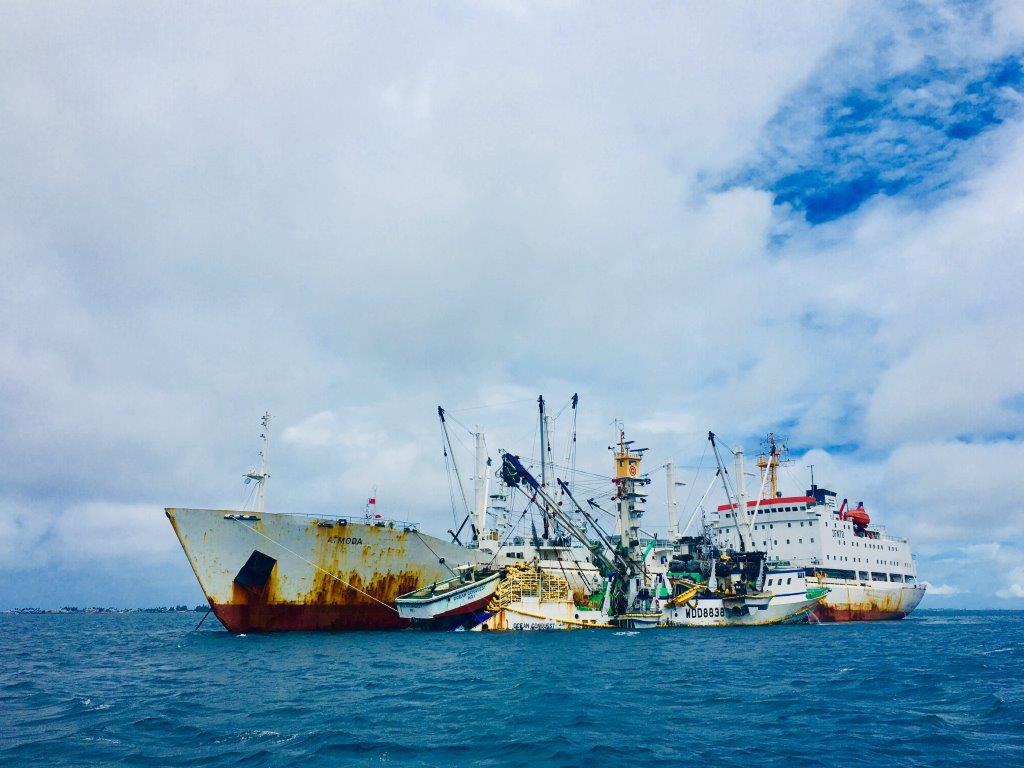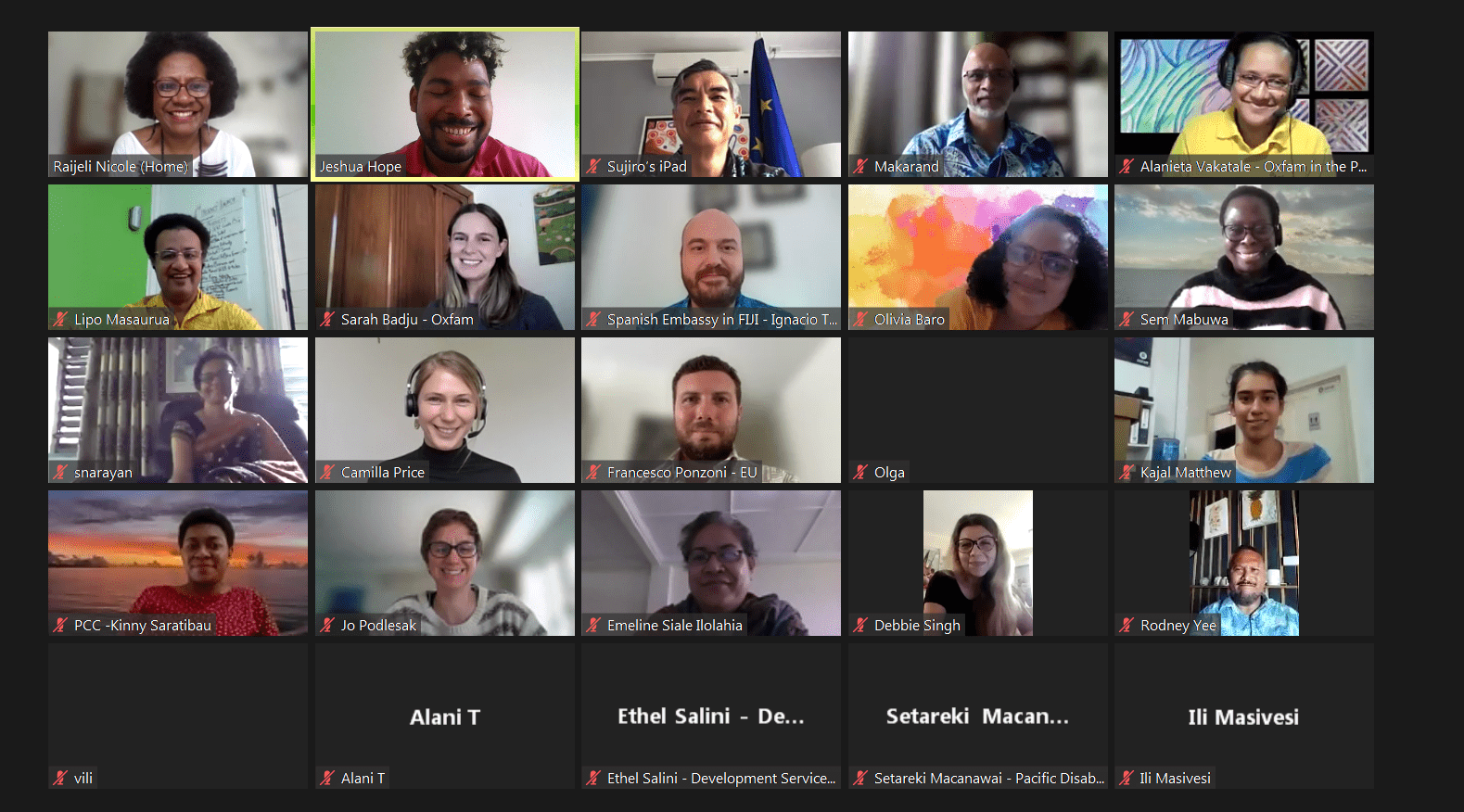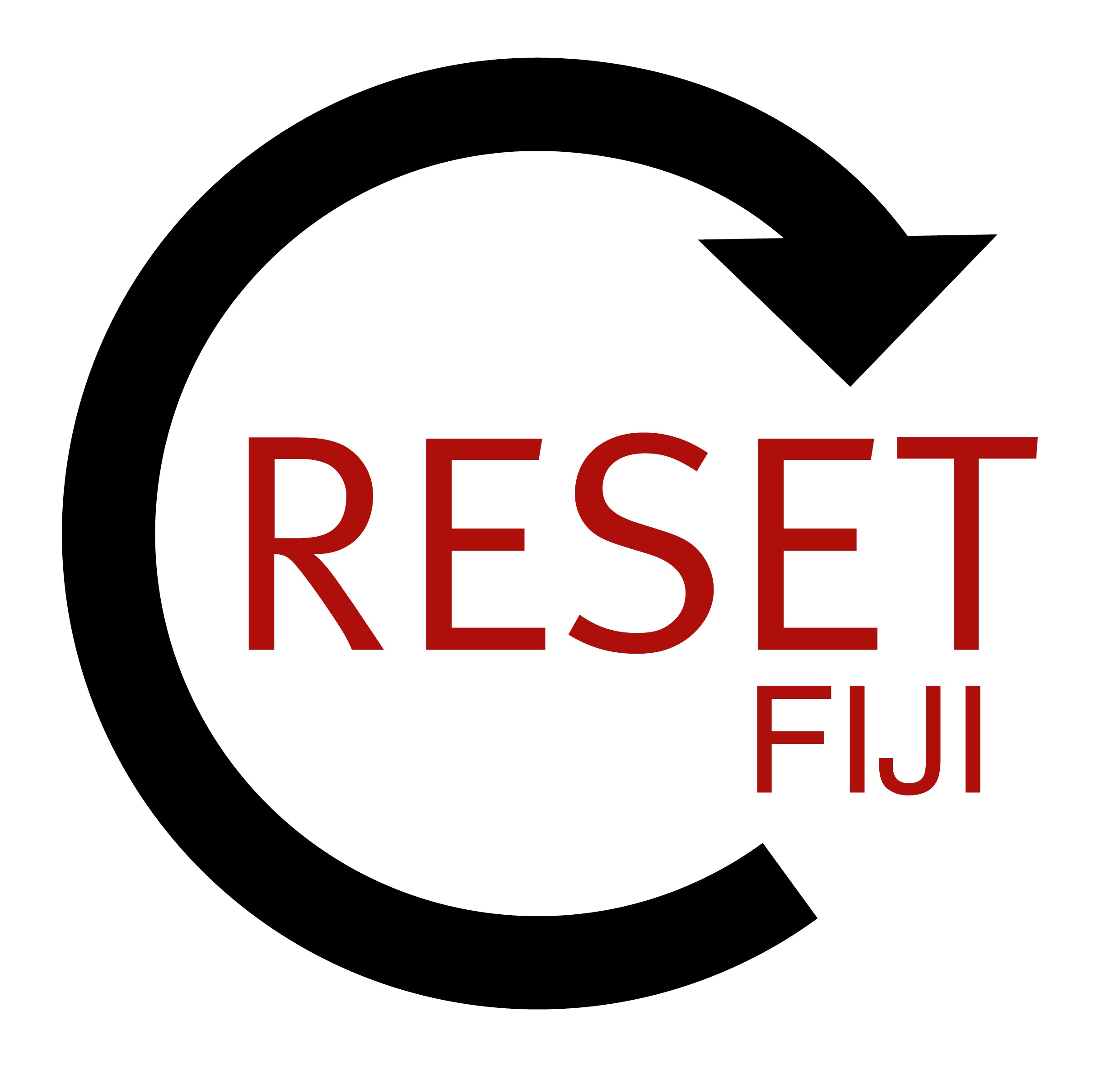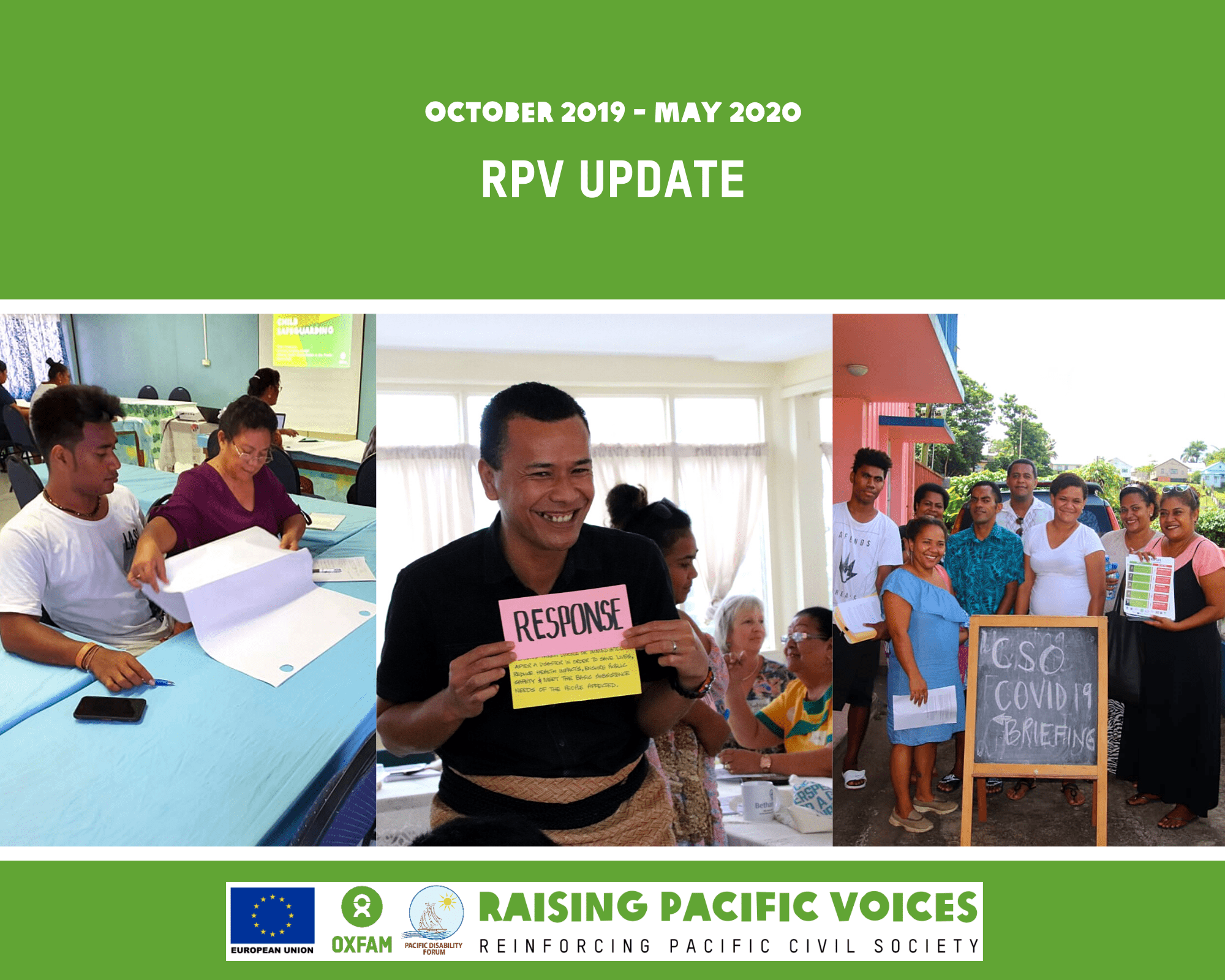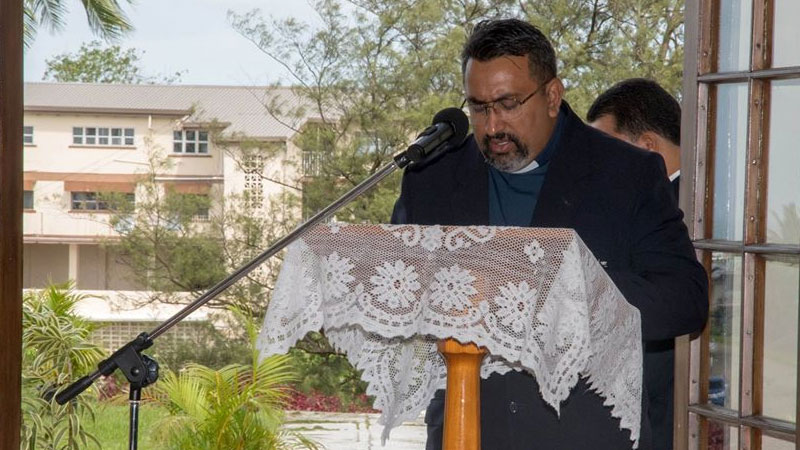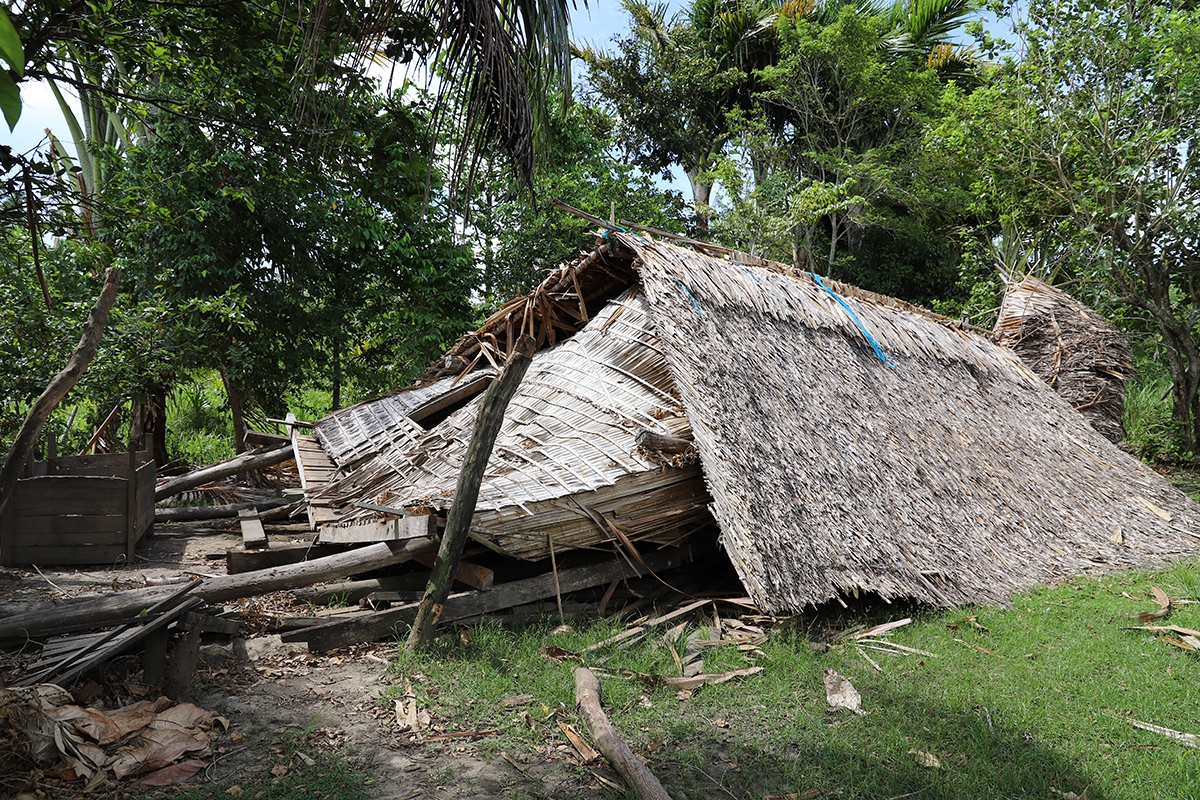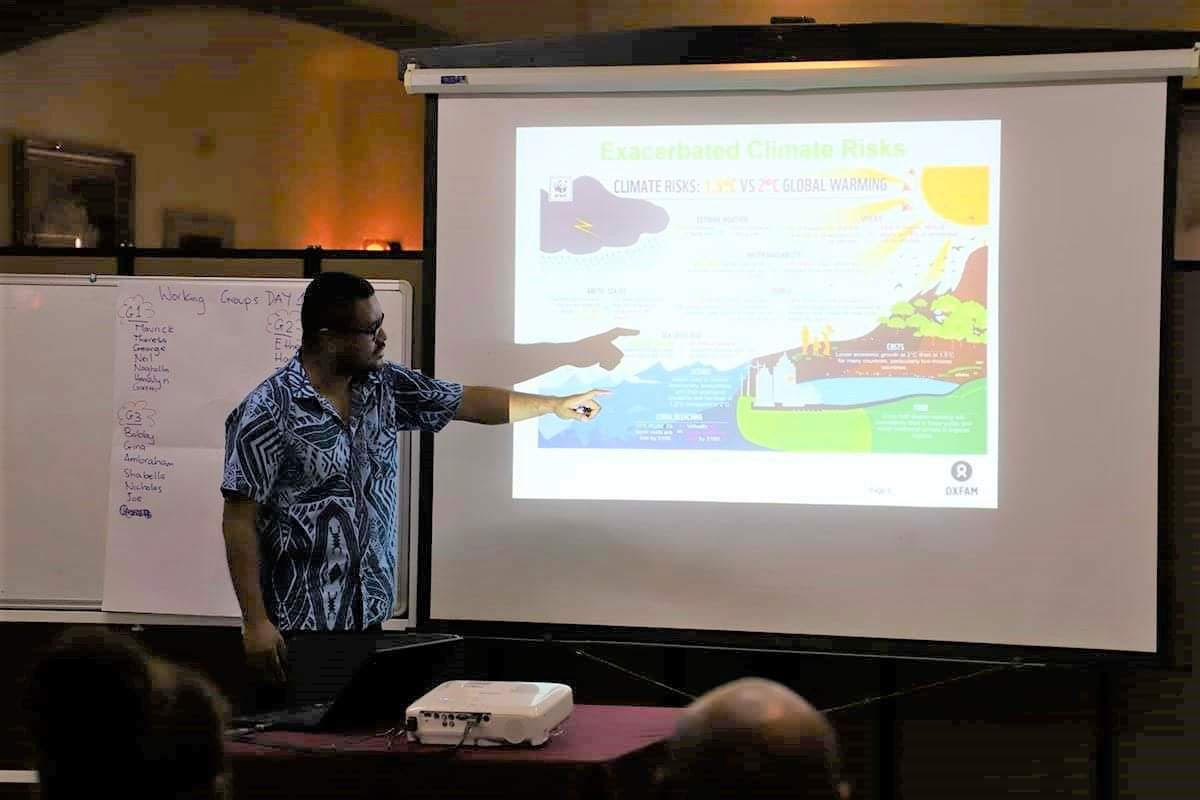A consortium of educators and international policy experts aims to develop and inspire a new generation of fisheries leaders across the Pacific Islands region.
Pacific Catalyst is a partnership of the University of the South Pacific, the University of Wollongong, Duke University, iTunaIntel and Environmental Defense Fund. Dr. Transform Aqorau, former deputy director of the Pacific Islands Forum Fisheries Agency and former CEO of the Parties to the Nauru Agreement is founding director of the new coalition. Pacific Catalyst intends to establish a fisheries think tank and training centre at the University of the South Pacific that will receive technical support from each of the partner organisations.
Inspired by the goals of the Regional Roadmap for Sustainable Pacific Fisheries, Pacific Catalyst will complement national and regional efforts to enhance both the sustainability and value of marine resources while promoting employment opportunities and food security. At present, the coalition is focused on generating research and advancing innovative management approaches for tuna.
“Every island nation owes its existence to the ocean’s life force and the resources it contains. And since no force in our ocean is more unifying and amazing than tuna, that’s where we begin our work,” said Aqorau. “In coming years we will expand our scope to include coastal and lagoon fisheries as well.”
In addition to supporting development of long-term solutions to fishery management challenges, a key goal of Pacific Catalyst is to increase the numbers of young people interested in marine science, economics and policy, then to provide them with both educational and practical fisheries management experience.
“Securing the future of the Pacific Islands is not only about sustaining our national resources,” said Aqorau. “It’s also about sustaining our communities, our knowledge, and seeing to it that future generations have the skills and opportunities necessary to prosper.”
Pacific Catalyst will center its activities at the University of the South Pacific. “Education and sustainable fisheries management, those are the two challenges we will tackle,” said the university’s Dr. Salome Taufa, whose research focuses on improving economic returns from fisheries. “It’s time to start building greater interest in these fields of study. We need to ensure that Pacific Islanders are the ones leading the management of our resources.”
With that in mind, Pacific Catalyst is investing in fellowships to provide students first-hand experiences and foster their interest in fisheries and marine policy. “There are wonderful opportunities available to help us harmonise fisheries management in this region and sustain these priceless resources,” said Taufa. “We’re very optimistic about emerging trends in fisheries management and welcome inquiries from prospective students who have an interest in the ocean.”
A briefing paper with additional information is available for download at PacificCatalyst.org.
Pacific Catalyst supports achievement of regional oceanic and coastal fisheries goals and the emergence of a new generation of fisheries managers. Partners include the University of the South Pacific, the University of Wollongong, Duke University, iTunaIntel and Environmental Defense Fund. For more information please visit PacificCatalyst.org or e-mail [email protected]. This article was first published on the website of Duke Nicholas Institute for Environmental Policy Solutions.

